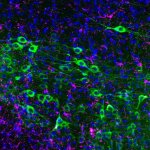
News • Research on dopaminergic neurons
Immunotherapy to prevent neuron loss in Parkinson’s disease
Promising new research points to a new immunotherapy approach that could help preserve viable neurons in people with Parkinson’s disease.

More than 80 billion neurons, trillions of synapses and almost 6 kilometres of neural pathways: The brain is an anatomical masterpiece; it is our control centre, memory store, coordinator of thoughts and movement – and still puzzles science. In medicine, the focus is on neurodegenerative diseases such as Alzheimer's and Parkinson's, but also on cerebrovascular disorders such as strokes and brain tumours, notably glioblastoma.

Promising new research points to a new immunotherapy approach that could help preserve viable neurons in people with Parkinson’s disease.

Researchers report on decisive steps towards an early diagnosis of Parkinson’s disease: a newly discovered biomarker in the blood could open a window of opportunity for future treatment.
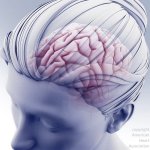
Women who had a stroke caused by blocked blood vessels (ischemic stroke) are twice as likely to have another stroke during pregnancy and within six weeks of childbirth, according to a new study.
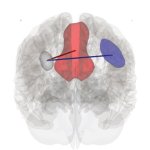
Brain fog explained: People with ME/CFS and long Covid experience a disruption to their brain connectivity during a mentally demanding task, new research finds.
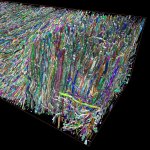
Non-invasive, millimetre-scale diffusion MRI (dMRI) can be used to detect morphological changes in axons – a common hallmark of a wide range of neurological disorders, new research shows.
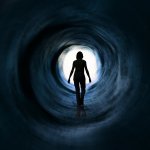
To better diagnose patients who appear unconscious in ICUs, and predict their recovery potential, researchers developed a tool that integrates multiple modalities for analyzing consciousness.
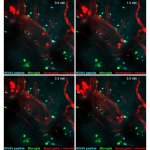
Scientists from Northwestern University have developed an injectable regenerative nanomaterial that helps protect the brain during the vulnerable window after a stroke.

A new University of Toronto-led study has discovered a possible biomarker linked to multiple sclerosis (MS) disease progression that could help identify patients most likely to benefit from new drugs.
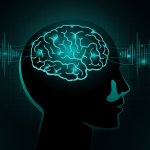
At the JFR 2025 (Journées Françaises de Radiologie), the annual meeting of the French Society of Radiology, an organist and a neuroradiologist came together to share a story that bridges two worlds rarely seen in dialogue – that of sound and that of images. One listens, the other looks. Yet both try to understand the same mystery: what happens in the human brain when music takes control?

A simple blood test that can very accurately predict the chance of survival with good recovery could be of great significance for patients in intensive care after a cardiac arrest.
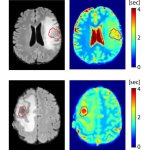
A novel AI-based method can distinguish between progressive brain tumours and radiotherapy-induced necrosis on advanced MRI. This could help clinicians more accurately identify and treat the issues.

IDH mutated gliomas are slow-growing brain tumors with a relatively good prognosis. A new study shows that many patients reveal measurable cognitive impairment in the first year after treatment.

Depression is not only a disease of the mind or the brain, a new study finds: a research team has revealed deep connections to abnormalities in the body's overall immune response.
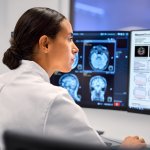
Philips and Cortechs.ai have extended their collaboration to integrate AI-enabled quantitative neuroimaging analytics directly into MR systems. The partnership aims to provide radiologists with automated, objective measurements of brain structures and lesions to support diagnosis and monitoring of neurological conditions.

New hope for patients with neurological diseases: A combination of focused ultrasound and gene therapy enables targeted, nonsurgical control of seizure-relevant brain regions.
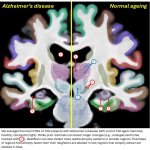
Researchers developed an AI-assisted brain atlas for visualization at microscopic detail using MRI scans. The tool could transform early detection of Alzheimer's and other neurological diseases.
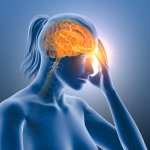
During menopause, many women experience forgetfulness, trouble concentrating, and mental fatigue. A new review explores the link between brain changes during menopause and these symptoms.
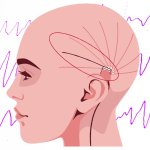
Traditional diagnostic methods for epilepsy face significant limitations. A new clinical trial explores the potential of advanced brain monitoring to improve diagnosis and management of the condition.
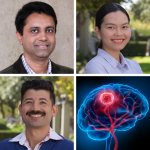
Researchers identified a targeted way to protect the brain from harmful side effects of cranial radiation therapy, potentially preserving the quality of life for millions of brain cancer survivors.